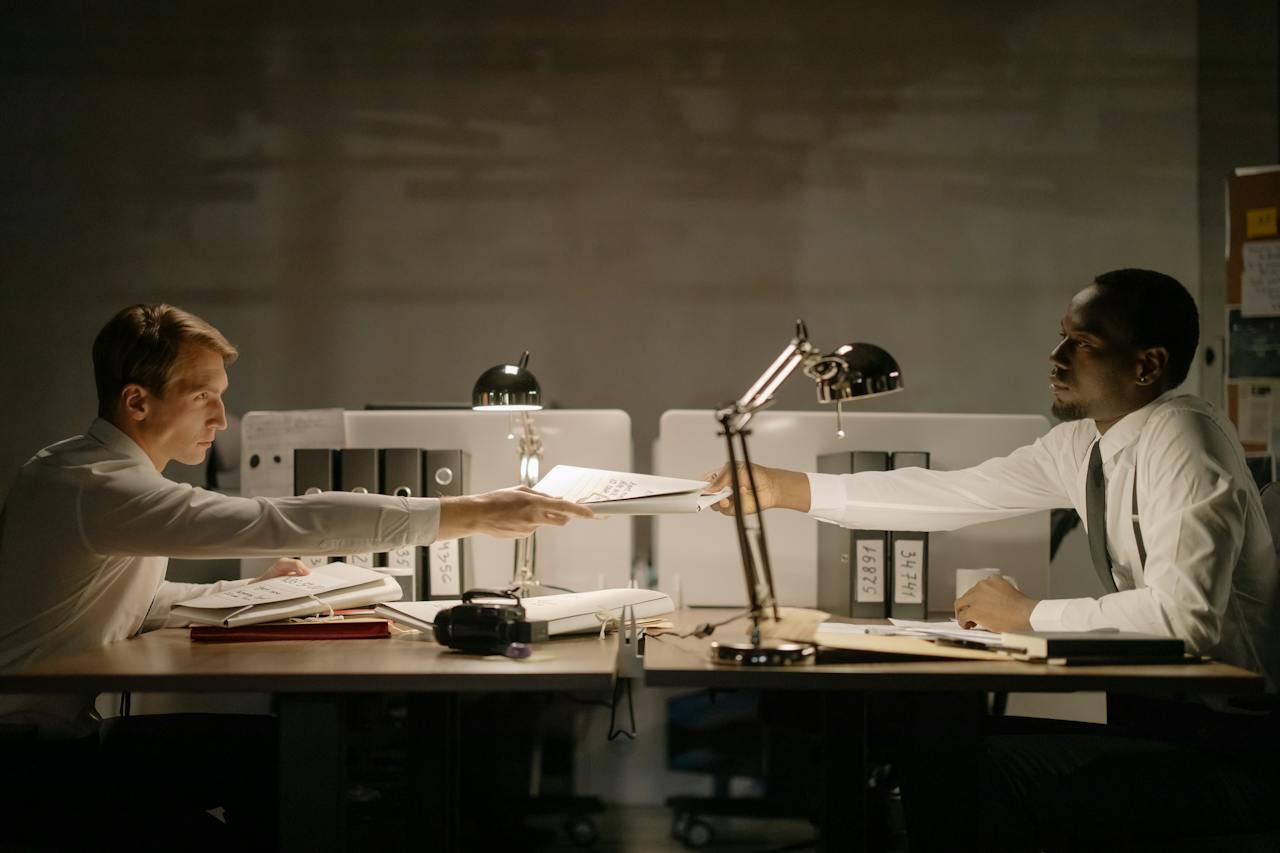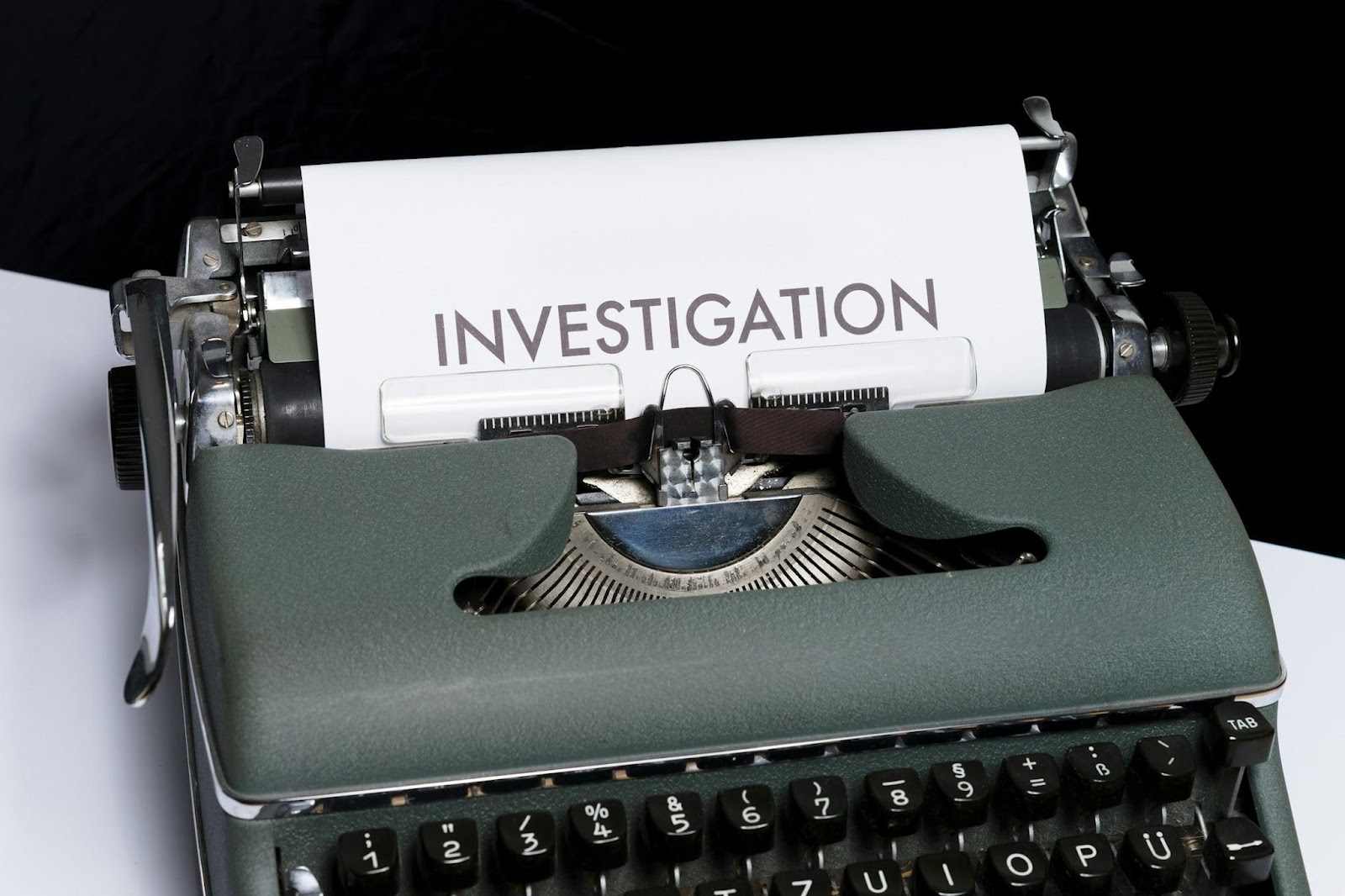Comments
- No comments found

Criminal investigations have evolved significantly over the years, with advancements in technology playing a pivotal role in solving complex cases.
One such technological tool that has become indispensable in the field is transcription. Transcription involves converting spoken language into written form, and its critical role in criminal investigations cannot be overstated. This article explores the various facets of transcription, its applications in law enforcement, and how it has become an invaluable asset in solving crimes.

In recognizing the specialized nature of transcription in law enforcement, many agencies and legal professionals turn to specialized law enforcement transcription services for assistance. These services employ skilled transcriptionists with expertise in legal terminology, procedures, and nuances. Outsourcing transcription to dedicated professionals ensures a high level of accuracy and adherence to legal standards. Moreover, services provided by a law enforcement transcription company often employ stringent security measures to safeguard sensitive information, maintaining the confidentiality and integrity of the investigative process. By leveraging the expertise of Law Enforcement Transcription Services, agencies can streamline their workflow, enhance efficiency, and focus on the core aspects of criminal investigations.
Transcription, in the context of criminal investigations, refers to the process of converting audio or video recordings into written text. This meticulous transformation allows law enforcement officials, lawyers, and other stakeholders to review, analyze, and present the spoken words as evidence in a comprehensible format. Accuracy is paramount in transcription, as the slightest error can have far-reaching consequences in legal proceedings.
In criminal investigations, a significant portion of evidence comes in the form of audio or video recordings. These recordings could be from surveillance cameras, wiretaps, body-worn cameras, or interviews. Transcription serves as the bridge between these audio-visual recordings and the written documentation required for legal proceedings.
Law enforcement agencies often rely on surveillance cameras to monitor public spaces or specific locations. Transcribing the spoken words captured in these videos can provide critical context and help identify individuals involved in criminal activities. This information is then used to build a case and establish a timeline of events.
Police interrogations and witness interviews are commonly recorded to ensure an accurate account of statements made during an investigation. Transcription not only aids in documenting these statements but also allows investigators to scrutinize the details and identify inconsistencies that may be crucial to solving a case.
Transcription plays a crucial role in establishing the legal admissibility of evidence in court. Courts require accurate and reliable documentation of spoken words to ensure a fair trial. Transcribed evidence not only provides a verbatim account of statements but also enables legal professionals to cross-reference and challenge statements during proceedings.
Maintaining a secure chain of custody is essential in legal proceedings. Transcribed documents, when properly handled and authenticated, become part of the evidence chain. This ensures that the information presented in court is reliable and has not been tampered with, strengthening the prosecution or defense's case.
Transcription experts may be called upon to testify in court regarding the accuracy and reliability of transcribed documents. Their testimony adds weight to the evidence presented and helps the court understand the nuances of the transcription process. This expert validation is crucial in establishing the credibility of the transcribed evidence.
The advent of transcription technology has breathed new life into cold cases – unsolved crimes that may have remained dormant for years. By reviewing old audio recordings or reexamining evidence using advanced transcription tools, investigators can uncover overlooked details, identify new leads, and potentially bring closure to long-standing cases.
Forensic transcription involves the application of specialized techniques to enhance audio quality and decipher unclear or distorted recordings. This branch of transcription has proven instrumental in deciphering critical details from recordings that were once thought to be unusable. Forensic transcription experts use their skills to analyze background noises, identify voices, and extract valuable information that may have eluded investigators.
While transcription is a powerful tool in criminal investigations, it is not without challenges. The complexity of accents, background noise, and poor audio quality can pose significant hurdles in accurately transcribing spoken words. Additionally, the potential for bias in the transcription process must be acknowledged and mitigated to ensure the integrity of the evidence presented in court.
Automated transcription tools, powered by artificial intelligence, have become prevalent in recent years. However, these tools may struggle with accents, dialects, or low-quality recordings. Human transcriptionists, with their ability to understand context and nuances, are still essential for achieving accurate results, particularly in challenging scenarios.
As technology continues to advance, the role of transcription in criminal investigations is likely to evolve. Improved speech recognition algorithms, enhanced audio processing techniques, and the integration of artificial intelligence may address some of the current challenges in transcription. Additionally, the use of transcription in real-time during investigations may become more prevalent, providing law enforcement with immediate access to critical information.

Transcription stands as a linchpin in the intricate web of criminal investigations. Its ability to transform spoken words into written evidence not only facilitates legal proceedings but also plays a pivotal role in solving crimes, bringing perpetrators to justice, and providing closure to victims and their families. As technology continues to advance, the critical role of transcription in criminal investigations is bound to expand, ushering in a new era of forensic capabilities and investigative techniques.
Leave your comments
Post comment as a guest